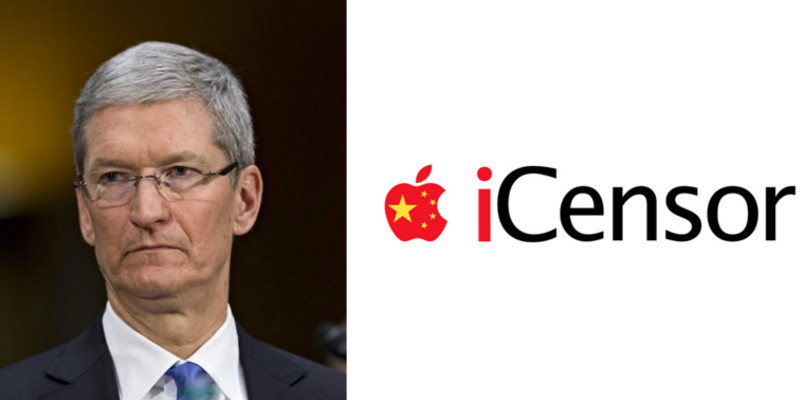The Washington Post
He’s right.
But it is difficult to champion democratic values while doing business in a country that runs on speech-stifling authoritarianism.
China is Apple’s third-largest market, and it brings the company $44 billion per year in sales, plus countless ethical headaches.
Last week brought several, all surrounding the ongoing anti-government protests in Hong Kong. Apple hid the Taiwanese flag emoji from its keyboard for those tapping away on the island.
It booted the news outlet Quartz from the Chinese version of its app store after its aggressive coverage of the unrest.
And then there was HKmap.live, an app designed for Hong Kongers to avoid law enforcement amid violent crackdowns.
Apple, at first, rejected the app.
Then it approved it.
Then, finally, it removed it.
Apple says its decision to yank HKmap.live wasn’t a matter of capitulation to the Chinese regime, but rather of internal enforcement.
Apple says its decision to yank HKmap.live wasn’t a matter of capitulation to the Chinese regime, but rather of internal enforcement.
The tool’s tracking function was abused to attack police, as well as to commit crimes in unpatrolled areas, and that ran counter to Apple’s guidelines.
But the company’s reversal came after the ruling party’s official newspaper, the People’s Daily, declared that Apple’s support for “toxic apps” made the company “an accomplice to the rioters.”
Quartz was another story.
Quartz was another story.
Apple complies with local laws wherever it operates, and Xi Jinping’s laws don’t respect press freedom.
Apple removed the app because China said to do so, just as it removed the New York Times’s almost three years ago.
Apple justifies acceding to despotic demands by arguing that it is the cost of operating in China, and that the Chinese people are better off with a big U.S. firm around than without.
Apple justifies acceding to despotic demands by arguing that it is the cost of operating in China, and that the Chinese people are better off with a big U.S. firm around than without.
Apple and its peers can facilitate a freer flow of information — not to mention better privacy protections, on many of which the company says it will not compromise — than homegrown firms. The question, of course, is how free.
Sometimes, corporations might go to the mat for what’s right, and sometimes they might win.
But, other times, they will lose, and then they are left with a choice to leave China altogether or help warp the world its residents are allowed to see.
When the United States and its allies made the decision to engage with China, they imagined that economic growth and trade would promote political liberalization and a convergence of values.
When the United States and its allies made the decision to engage with China, they imagined that economic growth and trade would promote political liberalization and a convergence of values.
That hasn’t happened.
Instead, there is competition between vastly different sets of values, and China doesn’t hesitate to use the lure of its market to demand fealty to its propaganda line.


Aucun commentaire:
Enregistrer un commentaire